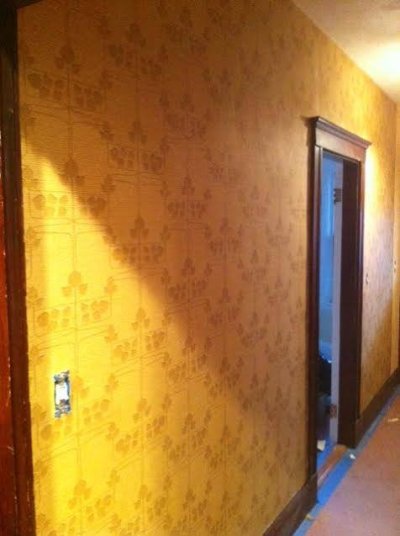Curmudgeon
Recycles dryer sheets
- Joined
- Oct 17, 2016
- Messages
- 255
Thanks for posting your story. I was a landlord many years ago, while a grad student, and it worked out really well for me - I owned and lived in a triplex, and so could keep close eye on the tenants. I bought it with 10K down, and walked away with ~100K in equity when I sold it a few years later, thanks to some sweat equity and market conditions.
I'm in the Portland area now as well. I've thought about getting back into rental property, but with the changing laws - such as you mentioned - I don't think I will in this state. The local and state politicians seem completely disconnected from the reality of market forces. They complain (perhaps legitimately) about a housing crisis, but don't understand that making it more difficult and less profitable to rent out property is going to make the problem worse, not better.
I'm in the Portland area now as well. I've thought about getting back into rental property, but with the changing laws - such as you mentioned - I don't think I will in this state. The local and state politicians seem completely disconnected from the reality of market forces. They complain (perhaps legitimately) about a housing crisis, but don't understand that making it more difficult and less profitable to rent out property is going to make the problem worse, not better.




